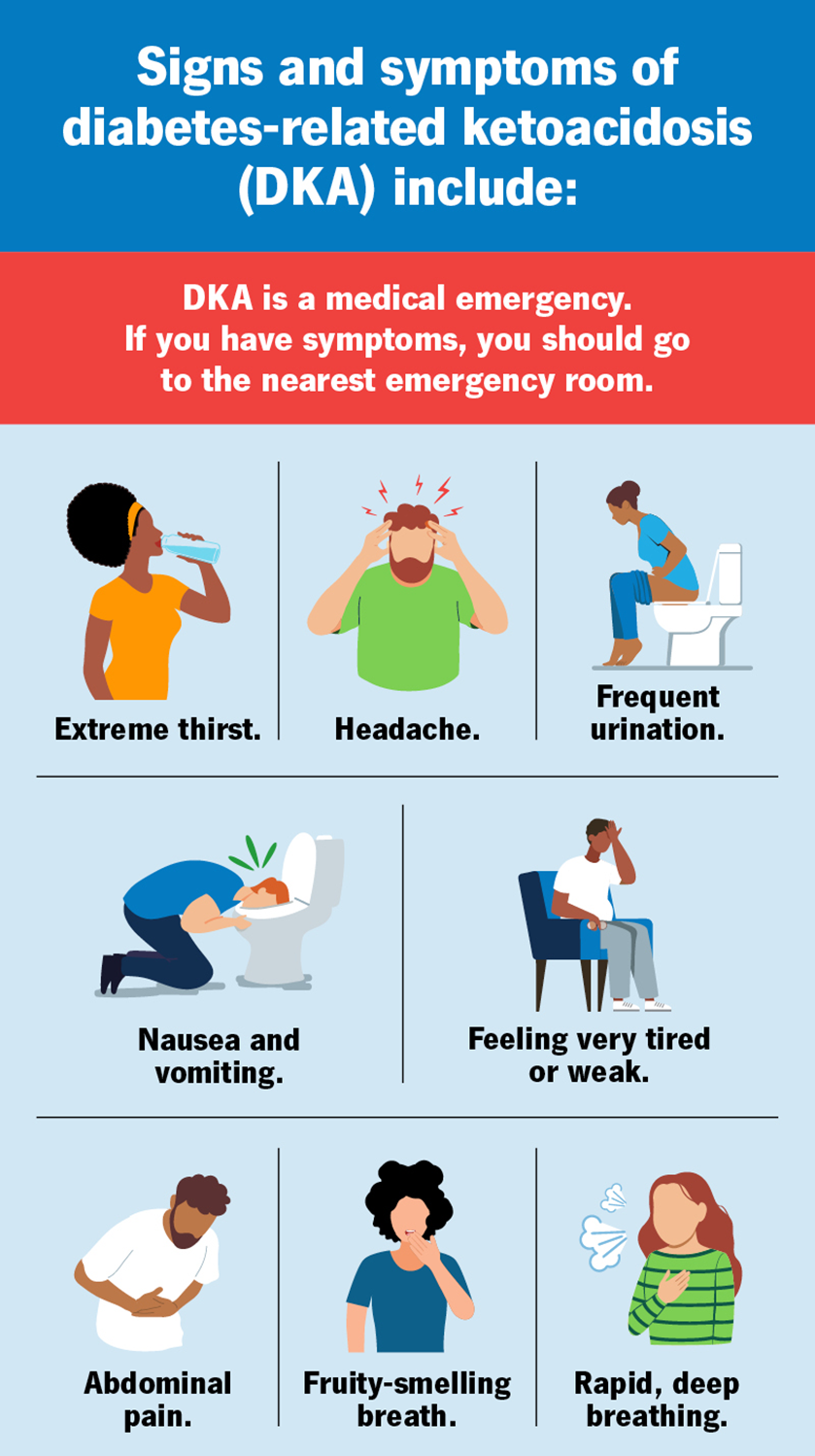A client in DKA is ordered regular insulin at 7 units per hour for the current blood glucose level. The institution protocol is to add 100 units of regular insulin to a 150 ml bag of normal saline. What is the correct rate for the nurse to set the IV pump for this dose?
(Round the answer to the nearest tenth. Use a leading zero if it applies. Do not use a trailing zero.)
The Correct Answer is ["10.5"]
Step 1: Determine the concentration of insulin in the IV bag. 100 units of insulin are added to 150 mL of normal saline.
100 units ÷ 150 mL = (100 ÷ 150) = 0.6667 units per mL Result: 0.6667 units per mL
Step 2: Calculate the rate in mL per hour needed to deliver 7 units per hour. 7 units per hour ÷ 0.6667 units per mL = (7 ÷ 0.6667) = 10.5 mL per hour Result: 10.5 mL per hour
The correct rate for the nurse to set the IV pump is 10.5 mL per hour.

Nursing Test Bank
Naxlex Comprehensive Predictor Exams
Related Questions
Correct Answer is A
Explanation
a. Several visits of the same child with varied injuries.
Explanation of Choices
Choice A Reason: Several Visits of the Same Child with Varied Injuries
This scenario raises the highest suspicion of child abuse. Multiple visits with different injuries can indicate a pattern of harm rather than isolated accidents. Healthcare providers are trained to recognize that varied injuries over time, especially in different stages of healing, can be a red flag for abuse. This pattern suggests that the child may be experiencing ongoing harm rather than a single incident. The nurse should conduct a thorough assessment and consider involving child protective services to ensure the child’s safety.
Choice B Reason: A 5-Year-Old Child Who Broke His Arm and Clings to Mother Crying
While a broken arm in a child can be concerning, it is not uncommon for children to sustain such injuries during play or accidents. The child’s emotional response of clinging to the mother and crying is also typical for a young child in pain and distress. This scenario alone does not strongly indicate abuse without additional context or evidence. However, the nurse should still assess the situation carefully and consider any other signs or patterns that might suggest abuse.
Choice C Reason: A 1-Year-Old Child Who Has a Dislocated Shoulder from Arm Swinging
A dislocated shoulder in a 1-year-old is unusual and can be concerning. While it could result from an accident, such as arm swinging, it is also a potential sign of abuse, especially if the explanation does not match the injury. The nurse should investigate further, considering the child’s medical history and any other signs of potential abuse. However, this scenario alone does not provide as strong an indication of abuse as multiple varied injuries.
Choice D Reason: Repeated Visits of the Same Child with Middle Ear Infections
Repeated visits for middle ear infections are common in young children and are typically related to medical issues rather than abuse. Middle ear infections can occur frequently in children due to their anatomy and immune system development. This scenario does not raise immediate concerns about abuse unless there are other signs or patterns of harm. The nurse should focus on providing appropriate medical care and monitoring the child’s health.
Correct Answer is B
Explanation
Choice A Reason: Insert a nasogastric tube
This choice is incorrect. Inserting a nasogastric tube is not the highest priority intervention for a client who has just received naloxone. While it may be necessary in some cases for other reasons, the immediate concern after naloxone administration is to ensure the client’s airway is open and they are breathing adequately. Naloxone reverses opioid effects, which can cause respiratory depression, so monitoring the airway and vital signs is crucial.
Choice B Reason: Monitor airway and vital signs
This choice is correct. The highest priority after administering naloxone is to monitor the client’s airway and vital signs. Naloxone can rapidly reverse opioid-induced respiratory depression, but its effects may wear off before the opioids are completely metabolized, leading to a risk of re-sedation and respiratory depression. Continuous monitoring ensures that any changes in the client’s condition are detected and managed promptly.
Choice C Reason: Insert an indwelling urinary catheter or monitor output
This choice is incorrect. While monitoring urine output can be important in assessing overall kidney function and fluid balance, it is not the highest priority immediately after naloxone administration. The primary concern is the client’s respiratory status and ensuring they maintain an open airway and adequate ventilation.
Choice D Reason: Anticipate and treat hyperpyrexia with cooling measures
This choice is incorrect. Hyperpyrexia (extremely high fever) is not a common immediate concern following naloxone administration. The primary focus should be on the client’s respiratory status and vital signs. Treating hyperpyrexia would be important if it were present, but it is not typically associated with naloxone administration.
Whether you are a student looking to ace your exams or a practicing nurse seeking to enhance your expertise , our nursing education contents will empower you with the confidence and competence to make a difference in the lives of patients and become a respected leader in the healthcare field.
Visit Naxlex, invest in your future and unlock endless possibilities with our unparalleled nursing education contents today
Report Wrong Answer on the Current Question
Do you disagree with the answer? If yes, what is your expected answer? Explain.
Kindly be descriptive with the issue you are facing.
